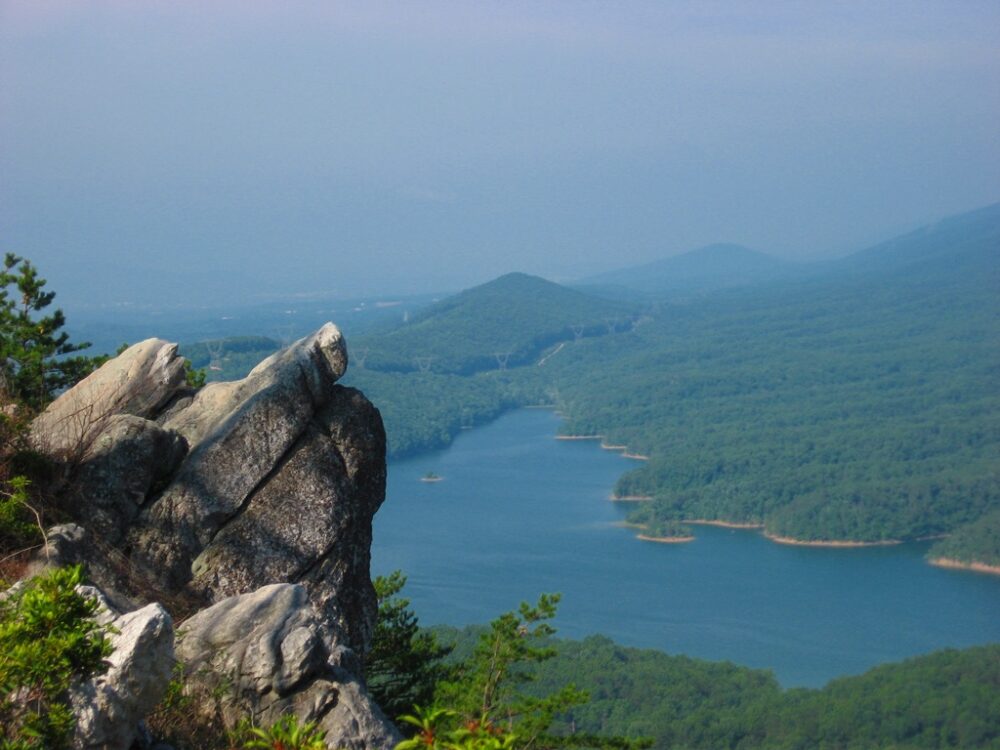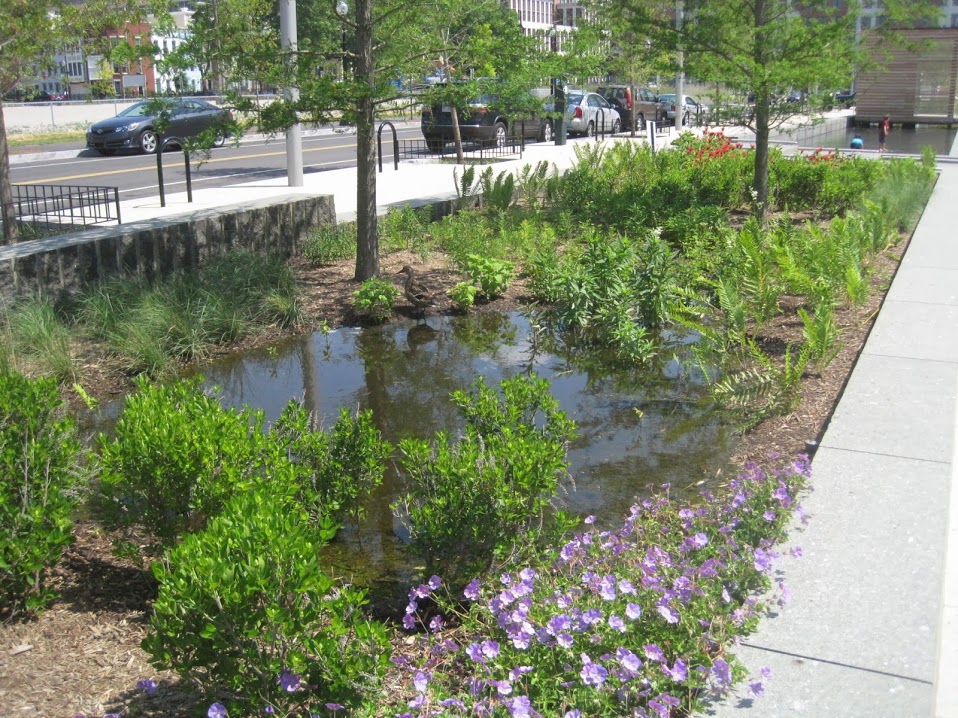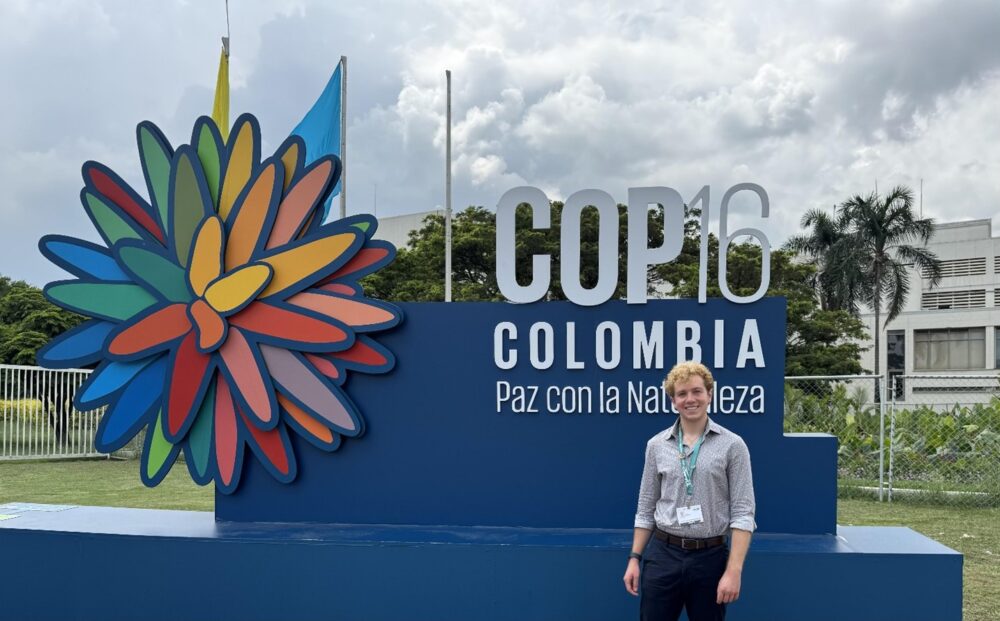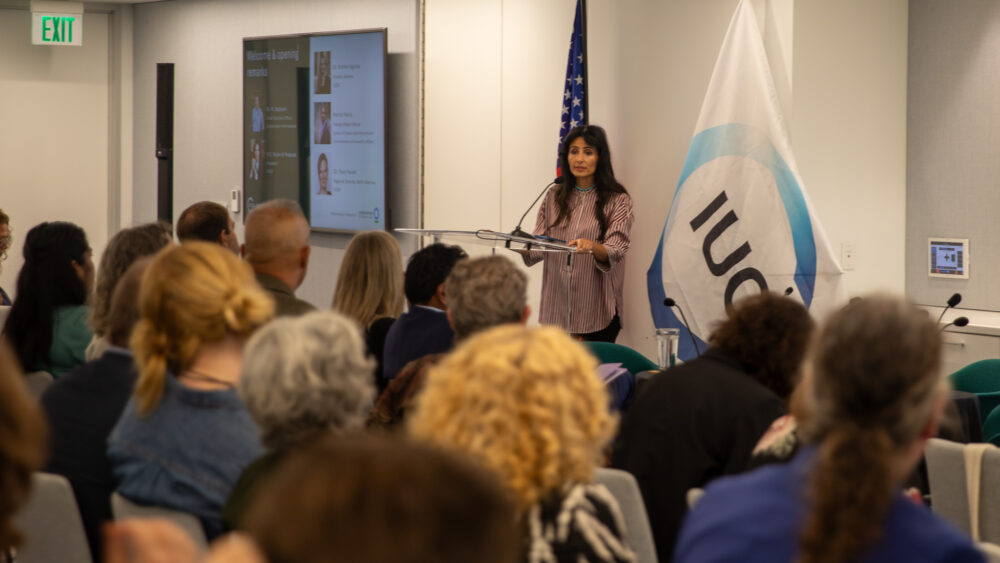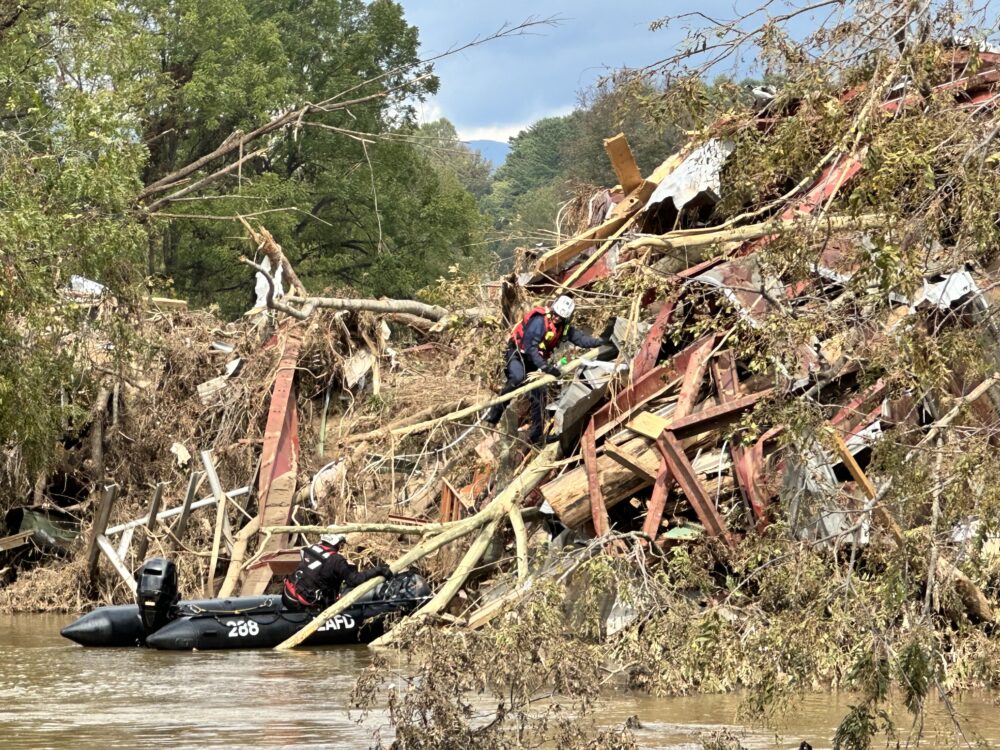We have much more to do and your continued support is needed now more than ever.
New Documentary on Deforestation’s Threat to Lemurs
 Humans may have only one planet, but imagine if we had only one island? That’s the reality for lemurs, primates that live only on Madagascar. And as a new documentary reports, their home is becoming increasingly inhospitable.
Humans may have only one planet, but imagine if we had only one island? That’s the reality for lemurs, primates that live only on Madagascar. And as a new documentary reports, their home is becoming increasingly inhospitable.
Rachel Kramer is a former program assistant for the National Wildlife Federation’s Climate Change, Deforestation & Agriculture Project. She recently returned from 10 weeks of research in rural Madagascar and is now a Doris Duke Conservation Fellow at Yale’s School of Forestry & Environmental Studies. Here’s Rachel’s take on the situation:
As strange as it seems, there’s a connection between guitars, lemurs … and poverty.
Insufficient global traceability for wood products masks the origins of precious hardwoods like rosewood and ebony that continue to be illegally cut in Madagascar’s Parks & Protected Areas, as well as other high-biodiversity rainforests across the globe. These enter murky supply chains and lead to furniture stores in China and big-brand instrument manufacturers in the United States.
The tragedy of illegal logging in Madagascar extends beyond conservation concerns. In this trafficking, a few corrupt individuals, companies and officials receive enormous financial spoils, while local communities which depend on the environmental services forests provide suffer acute consequences. And consumers in the United States and elsewhere have become unknowing accomplices.
But illegal logging isn’t the only driver of forest loss in Madagascar. Political instability continues to perpetuate poverty and economic insecurity on this diverse island, hurting local livelihoods, and driving accelerated forest loss for low-yield agriculture in the absence of alternatives.
I spent the past two months living in forest-bordering communities in northeastern Madagascar, leading socio-economic research on the origins of habitat disturbance for a species of critically endangered lemur, the silky sifaka. Whistle-blowers have managed to curb illegal logging in Marojejy National Park, where the highest populations of ‘silkies’ currently remain, but forests continue to be cleared for low-yielding staple and cash crops. Insufficient access to education, healthcare, and basic infrastructure perpetuates food insecurity and keeps new generations from pursuing a better future.
The 2008 amendment to the U.S. Lacey Act now provides legal capacity to address the problem of illegal woods entering the United States, but the same protections don’t exist in other countries, especially China. A better international tracking and certification system is urgently needed to ensure that ‘bad’ wood isn’t making it into consumer products at the expense of communities and critically endangered wildlife. But creative options for integrated conservation and development that empowers local communities to maintain forest resources is also essential. And for this, we need to strengthen civil society within Madagascar and support international conservation organizations working to make a difference in the field.
Watch the full documentary:
[vimeo]http://vimeo.com/25109845[/vimeo]
Learn how NWF is working to protect the world’s forests, then take action.


